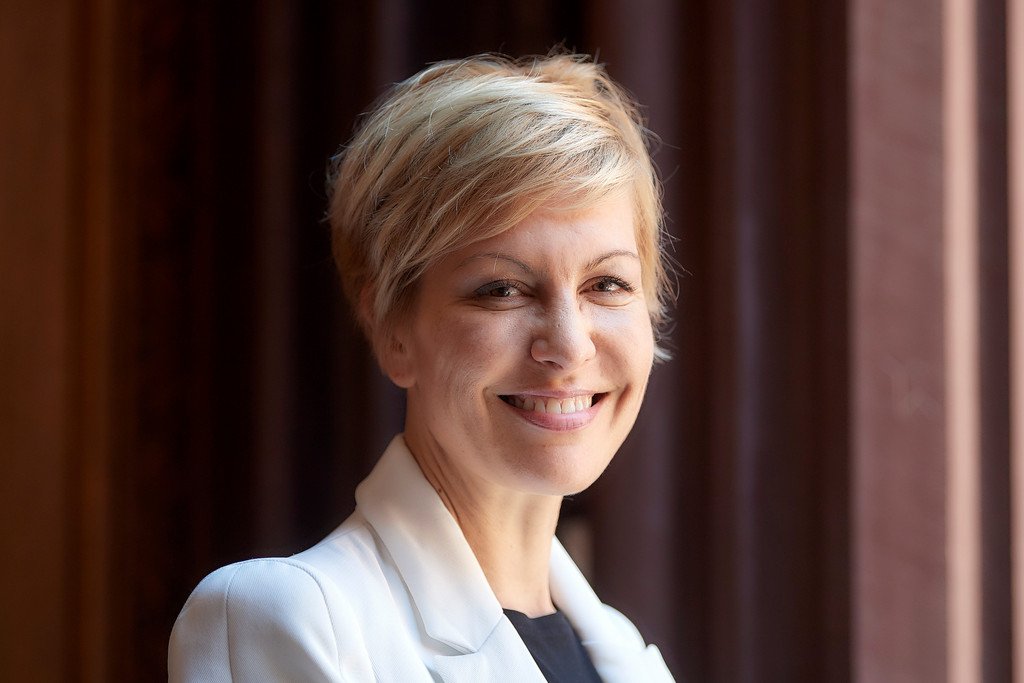Switzerland is clinging to its interpretation of neutrality
WERNER GEMPERLE, STOFORS, SWEDEN
For me, Switzerland’s neutrality means not having the courage to do the right thing and always looking for a way to gain some benefit – as well as acting the great negotiator and looking good in the eyes of the world.
PAUL TAVAN, BAVARIA, GERMANY
In my view, there is no sensible reason for Switzerland to give up its perpetual armed neutrality. In particular, I think that taking part in the sanctions against Russia was a political mistake.
BEA BORNER, HUA HIN, THAILAND
Neutrality is proper and right. But when one country invades another country in the heart of Europe for no reason, Switzerland must under no circumstances turn a blind eye! Switzerland absolutely must stand with the country under attack and use every resource in every area at its disposal to do so.
DIETER SCHIESS, FRANCE
Neutrality during wartime is fine. This, however, is state terror by a megalomaniac. Switzerland cannot and should not just sit back neutrally and do nothing. By doing so, we are automatically condoning these inhuman crimes. As a Swiss man, I am ashamed of the way my country is acting.
GEORGES GLARDON, AGLOU, MOROCCO
Failing to observe strict neutrality with regard to conflicts abroad, whether these conflicts are social, political or military in nature, undermines a country’s credibility. I think that taking part in the sanctions against Russia (which is justified for non-neutral countries) is the first chink in the armour of Switzerland’s neutrality.
UELI BORNHAUSER, GIESSEN, GERMANY
For me, neutrality means not belonging to any given block or following the conditions for adopting a certain position. It is not the same thing as not having a position. Neutrality can be helpful when negotiating between two warring parties. When there is a clear breach of the rules laid down by the UN, however, neutrality cannot be used as a pretence for refusing to take a stance. We promote moral courage in private, and I think that should apply to the whole community too!
ARYE-ISAAC OPHIR, ISRAEL
The expression that Switzerland practises neutrality is incorrect. Since the First World War at least, this term has applied solely in theory, a sort of ‘pen name’ for Switzerland. It’s very practical, but it’s not practised.
RICHARD JAKOB-HOFF, NEW ZEALAND
Maybe the word neutrality is too open to interpretation, as indicated in this article. Being peaceful and standing up for peace is not a passive thing but takes active determination and action. We should consider other, less ambivalent terms that describe Switzerland's position in relation to external conflicts. A neutral peace broker or facilitator is a role much needed in Europe and elsewhere and Switzerland could be in a prime position to take on such a role. Obviously not an easy task but extremely worthwhile.
Ben-Hamid Bertiz, USA
Why is being neutral important? Neutrality sets us free. It helps us see something more like the truth, what’s happening, instead of experiencing circumstances in relation to expectations and desires. This provides clarity and eliminates obstacles, making this neither awesome nor awful but cool. Enlightment, the easy way.
The “Fifth Switzerland” and emigration
ANTAL TAMÁS ILLÉS, TENERIFE, SPAIN
I have some experience of emigrating myself: I moved from Hungary to Switzerland in 1956; we then moved from Switzerland to my sailing yacht in 1999; and in 2005 we settled in Spain. Two of my experiences:
Rule no. 1: Everything is different abroad. If you don’t have a minimum of flexibility and adaptability, you’re guaranteed to come a cropper. The most guaranteed method of making yourself unpopular in any country begins with the phrase, ‘Now, the way we do it in Switzerland...’. Forget it! You are now a guest. Conduct yourself accordingly.
Rule no. 2: No-one learns Turkish or Thai just for a fortnight’s holiday. If you want to live abroad for longer periods, though, the ability to make yourself at least partially understood in the national language is essential.







![[Translate to English:]](/fileadmin/_processed_/c/2/csm_online_Revue_2502_SC-Webinar_a26f678026.jpg)




Comments